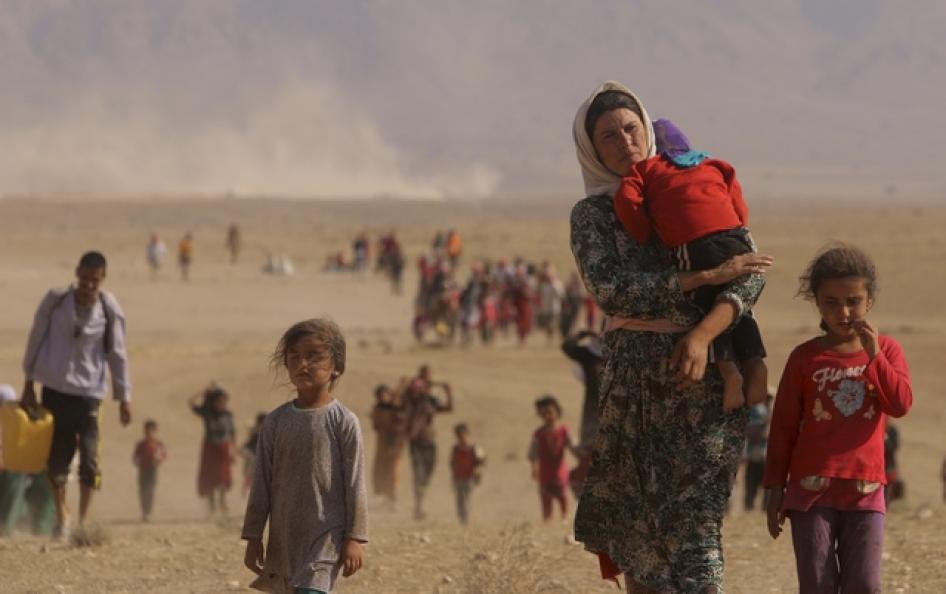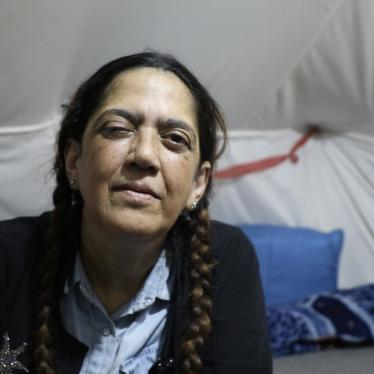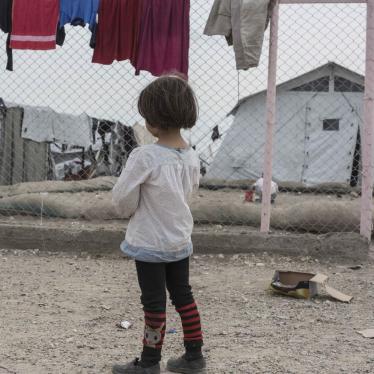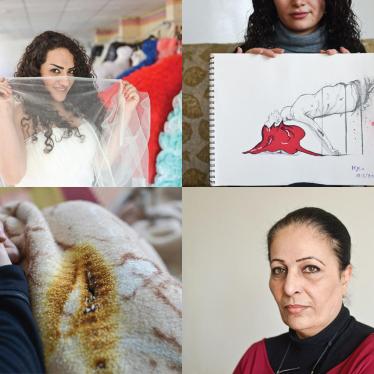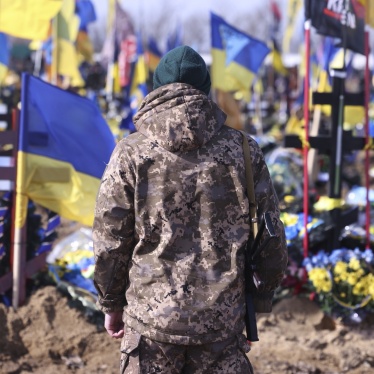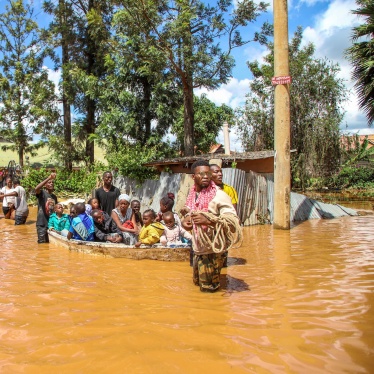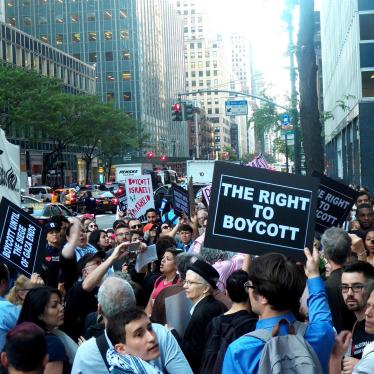In Dohuk, posters remind passing drivers that on August 3 last year, the extremist group Islamic State (also known as ISIS) launched its large-scale attack on Yezidi communities around Sinjar mountain. The group killed thousands of Yezidi civilians, and seized and sold off Yezidi women for their fighters’ sexual gratification.
An ISIS video showed one elderly man, Salih Barakat, pleading with ISIS fighters as he sat in a wheelbarrow pushed by two relatives and clutched a bag of medicine.
Barakat’s fate became clear months later. When Kurdish peshmerga and local Yezidi volunteer forces recaptured the town of Sunune in December 2014, they found the wheelbarrow, and three decaying bodies, in a ditch.
More gruesome discoveries followed, including the remains of 37 persons, just west of Sunune. They included women and children.
It appears that ISIS took the ID cards of those 37 killed, and animals scattered their bones, so the victims have yet to be identified. A boy from nearby Khan Sur recognized a key that then opened the door to his house, but only painstaking DNA testing will show which of the bones gathered and taken to the Forensic Medicine center in Dohuk are his father’s.
International experts on mass grave examinations have yet to assist the Kurdish authorities in preserving and analyzing evidence of killing sites. I visited seven sites in Sunune and Bardiya, further north, but local people say there are up to six further sites near the front line in Hardan and a dozen more in territory south of Sinjar mountain that ISIS still controls. At those sites, the bodies remain.
Some Yezidi women and girls are still escaping from their ISIS captors and arriving in peshmerga-held areas. The Genocide Committee in Dohuk records their statements of captivity and abuse including rape. Yet many find it hard to restart their lives.
To do so they need four documents: food ration, residency, and identity cards, and a certificate of nationality.
They can often obtain new cards if their names are in a population registry, but to get a nationality certificate they say they must wait months or bribe Baghdad officials. And without a male relative’s certificate, they may not be able to obtain a certificate, yet often their male relatives are missing or killed.
A year on from the major crimes that ISIS perpetrated against the Yezidis, the international community needs to do more to help the survivors. It should press Iraqi authorities to speed up the provision of new identification documents and send experts to help preserve evidence of mass killings and identify remains for the surviving family members.
